What if the oceans volatilized?
Imagine an instant world without oceans. A disturbing perspective, isn't it? The vast expanses of water which cover more than 70% of the surface of our planet, regulate our climate, house immense biodiversity and provide essential resources for human life and all ecosystems. But what would happen if, through a whim of nature or an unimaginable disaster, the oceans were volatilizing themselves overnight?
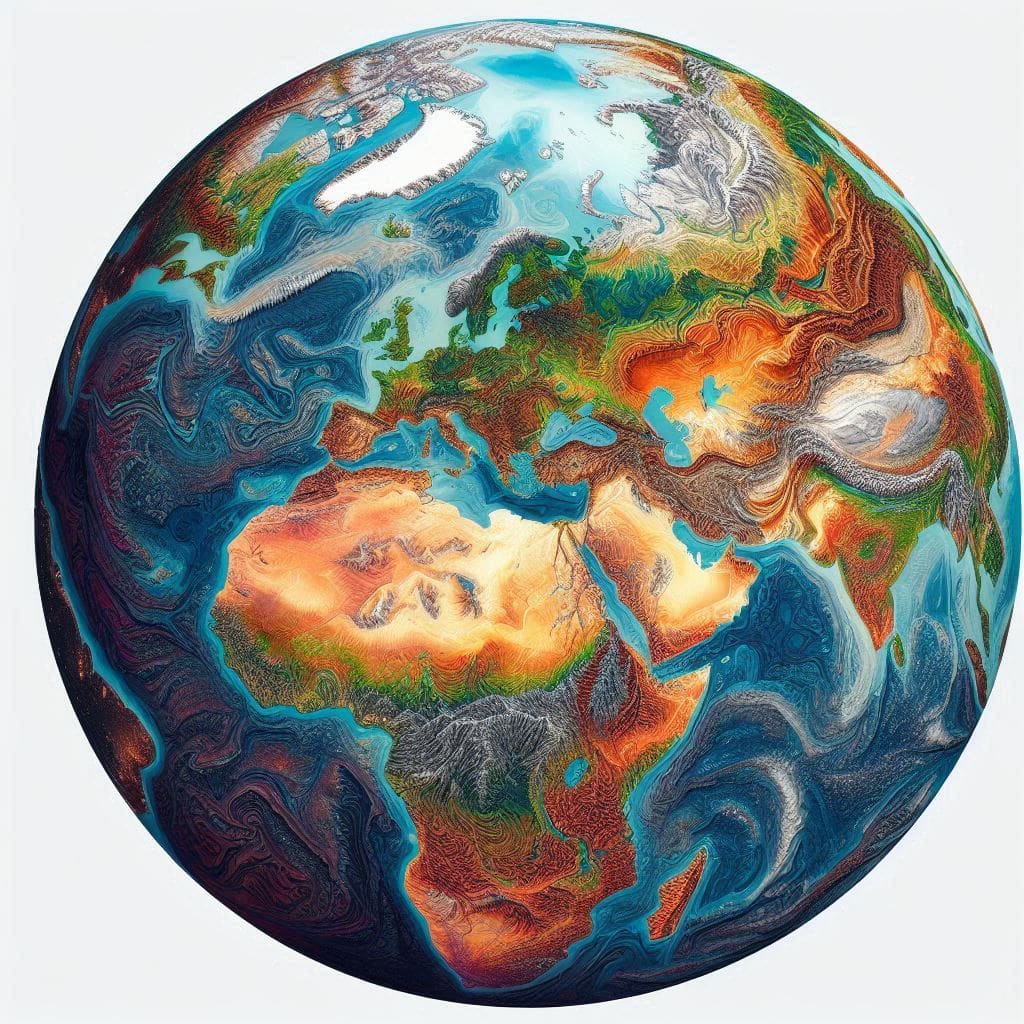
The immediate impact on marine life.
The first and most obvious effects would be the disappearance of marine life. From the tiny planets to the majestic whales, including coral reefs and fish of all kinds, all the inhabitants of the oceans perished. This massive extinction would upset the food chains and cause the collapse of marine ecosystems..
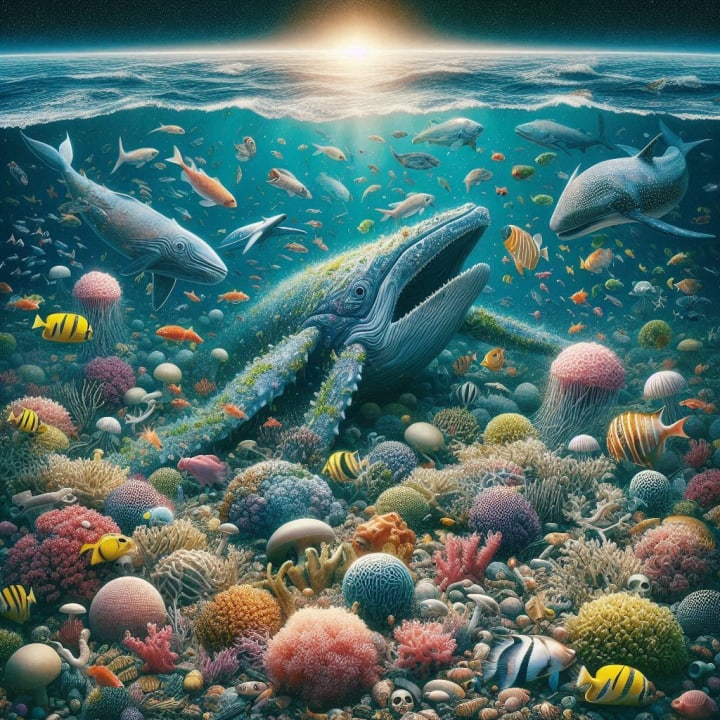
Climatic consequences
The oceans play a crucial role in climate regulation. They absorb a large part of the carbon dioxide emitted by human activities and redistribute heat around the globe thanks to sea currents. Without the oceans, we would lose this immense regulatory capacity. Global temperatures would experience extreme fluctuations, making certain regions uninhabitable. The precipitation cycles would also be deeply disturbed, leading to severe droughts in certain areas and floods in others.
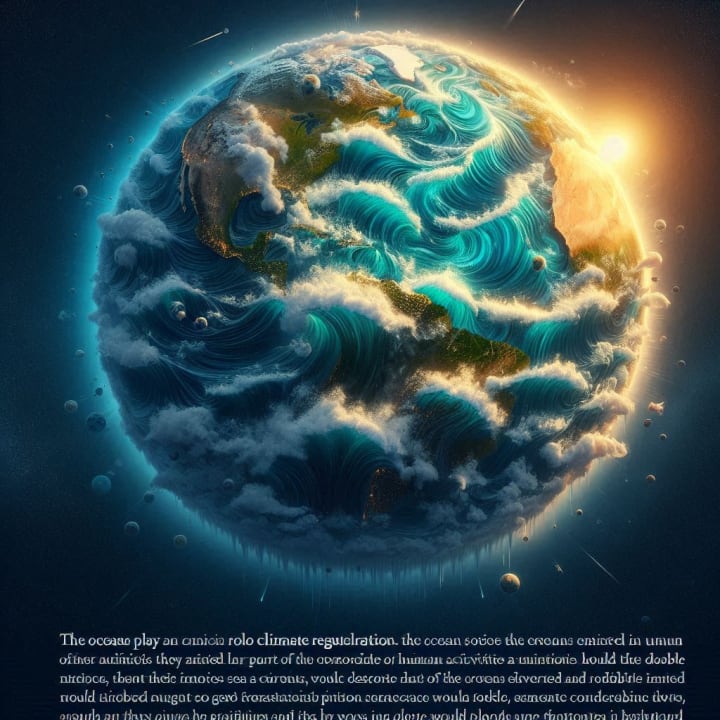
The effect on water resources
The oceans are a primary source of water through evaporation and precipitation they generate. Without them, the water cycle would be irreparably broken. Rivers and lakes, powered by precipitation and underground sources, would end up. The water tables would no longer be recharged, threatening the supply of fresh water for billions of people. Agriculture, industry and daily life would be seriously impacted.
Economic and social collapse
The savings of many countries are closely linked to the oceans. Fisheries, maritime transport, coastal tourism and underwater resources represent billions of dollars and millions of jobs. The volatilization of oceans would cause unprecedented economic collapse. The coastal communities would be the first affected, but the shock wave would spread quickly on a global scale, causing social and political crises.
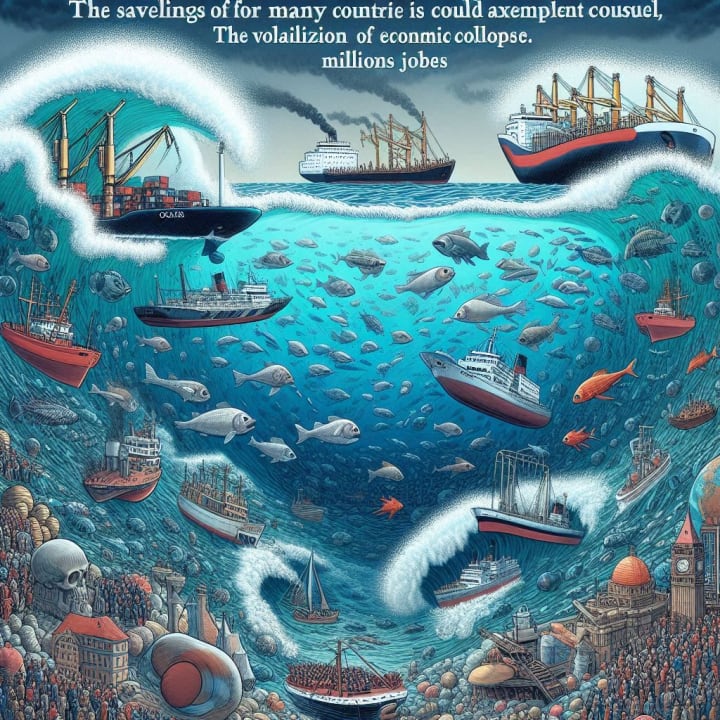
Cultural and spiritual loss.
The oceans have a central place in human cultures and spiritualities. Many mythologies, legends and traditions are linked to the sea. Generations of fishermen, navigators and explorers have forged an intimate relationship with the ocean. His disappearance would be an immeasurable loss for humanity, erasing millennia of stories, knowledge and spiritual ties.
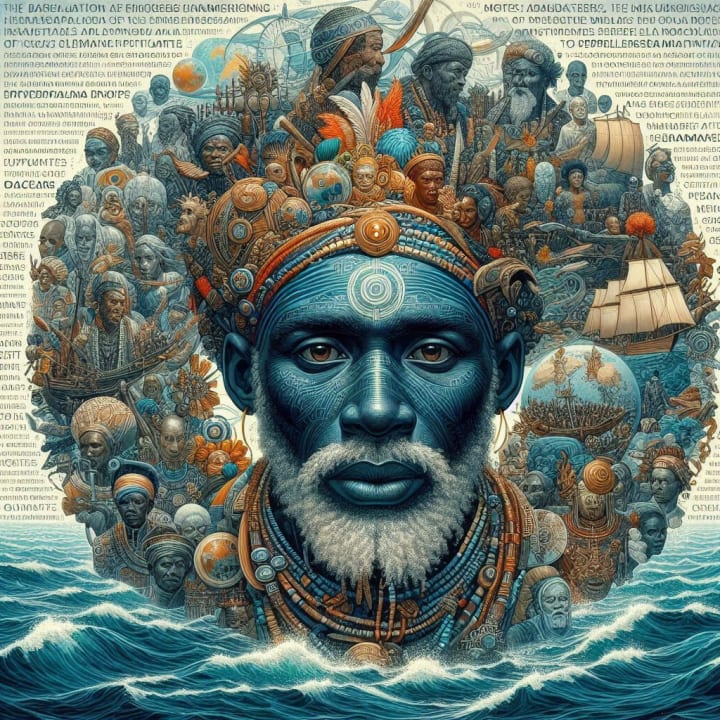
Resilience and human adaptation.
Faced with such a cataclysm, humanity would be put to the test. Human ingenuity and resilience would be crucial to survive and adapt. Technological solutions for freshwater management, food production and energy should be developed in emergency. International cooperation and solidarity would be essential to deal with this unprecedented crisis.
A reflection on our relationship to nature.
This hypothesis, although fictitious, invites us to reflect on our relationship to oceans and nature in general. It highlights the vital importance of marine ecosystems and their preservation. By confronting ourselves with the idea of their disappearance, we have to become aware of their fragility and the need to protect them for future generations.
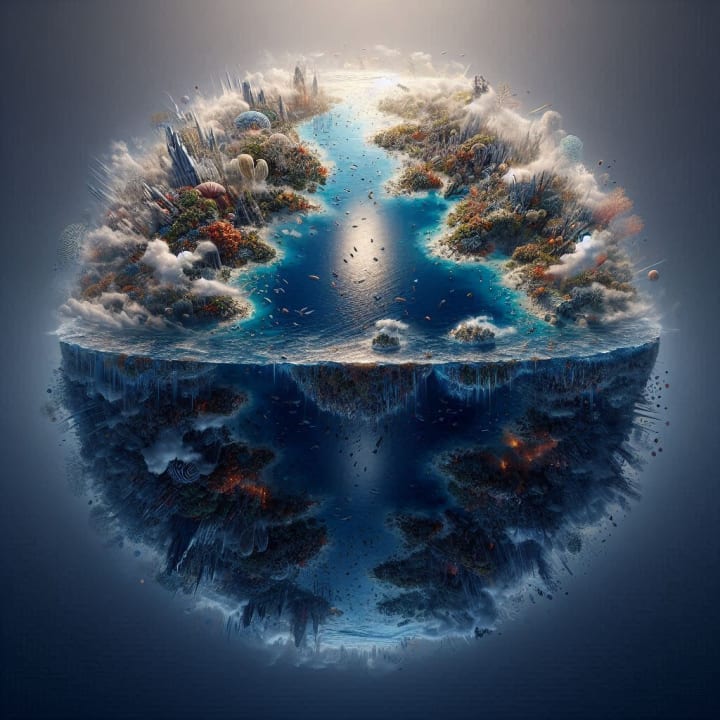
The volatilization of oceans would be a disaster of immeasurable magnitude, affecting all aspects of life on earth. It reminds us how much we depend on natural ecosystems and the delicate balance that governs our planet. This hypothetical reflection must inspire us to act in a responsible and proactive way to preserve our oceans, protect biodiversity and guarantee a lasting future for humanity and all of the species living on earth.
About the Creator
ECO-EXPLORERS
Studying in India opened the doors to a multitude of opportunities for me to deepen my knowledge in this exciting field. With each new discovery, I feel inspired and motivated to contribute to this vision.
Enjoyed the story? Support the Creator.
Subscribe for free to receive all their stories in your feed. You could also pledge your support or give them a one-off tip, letting them know you appreciate their work.






Comments
There are no comments for this story
Be the first to respond and start the conversation.